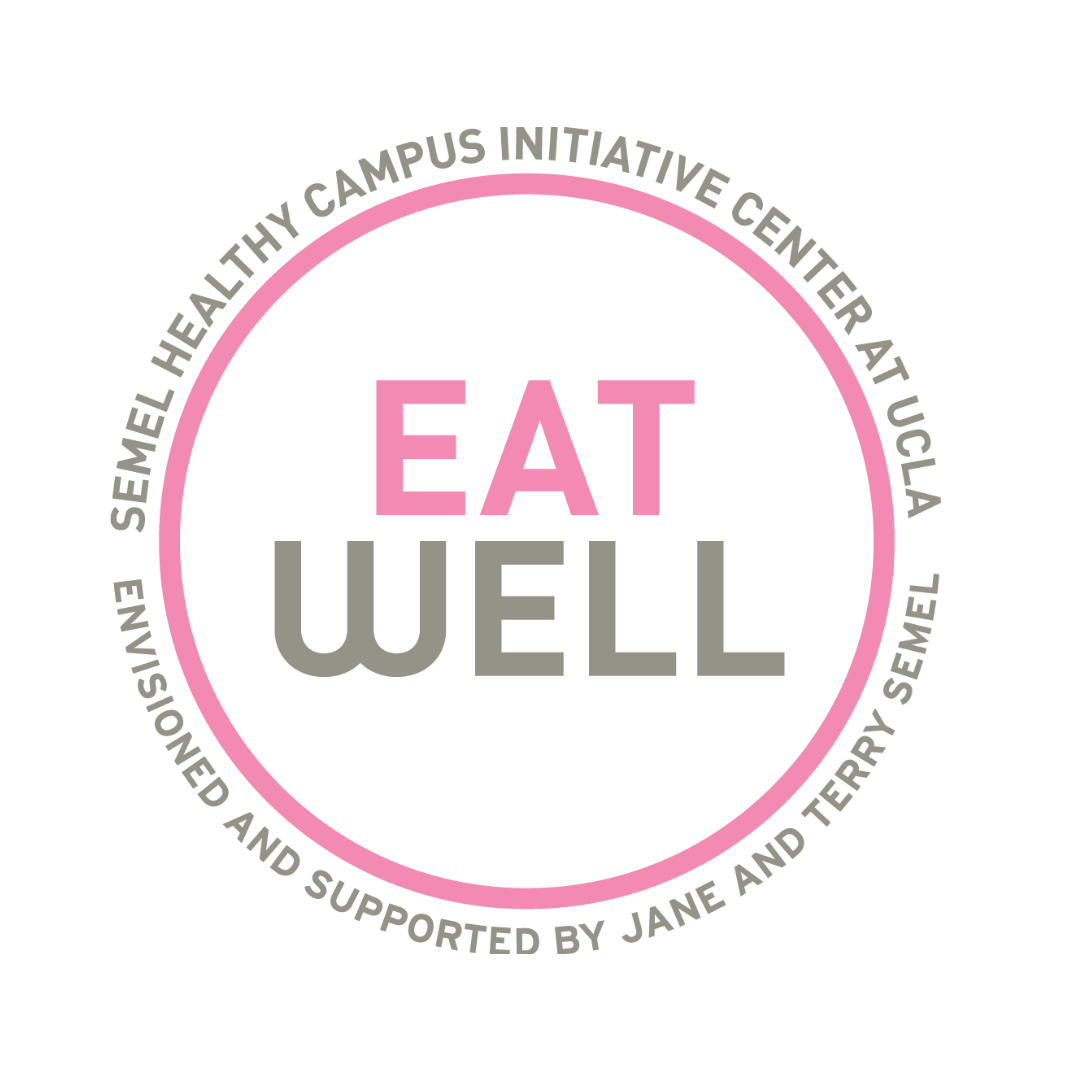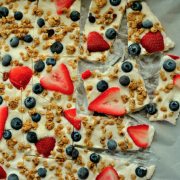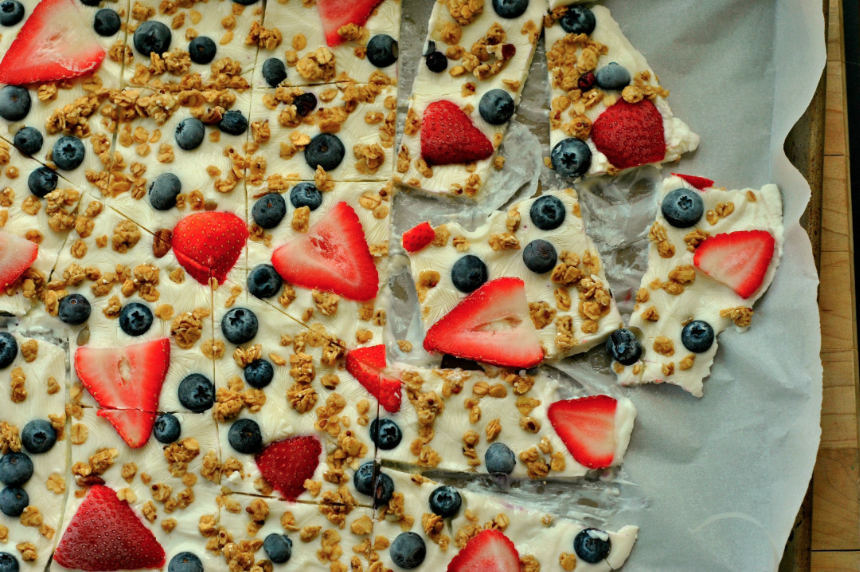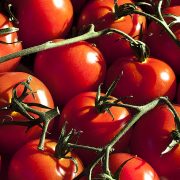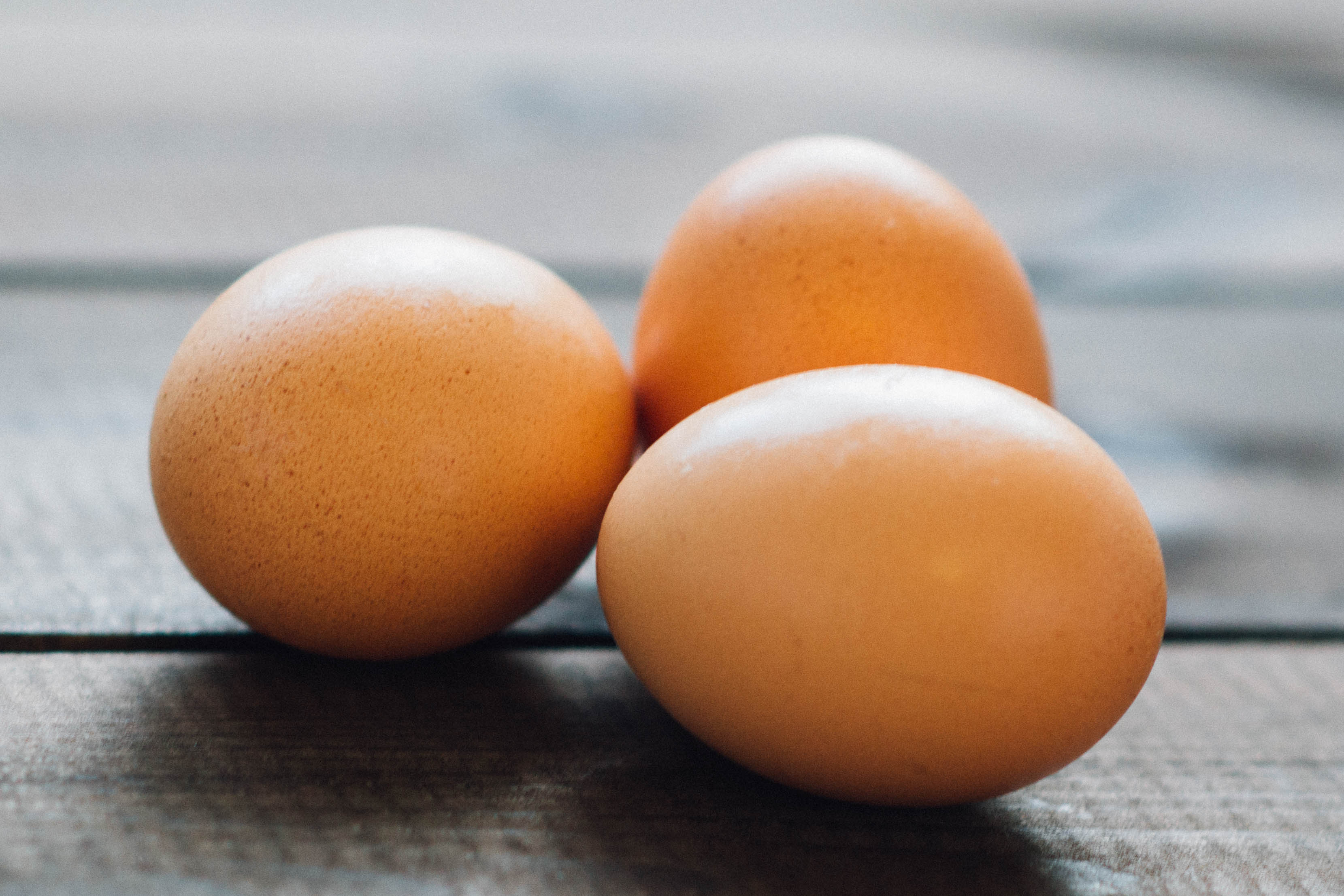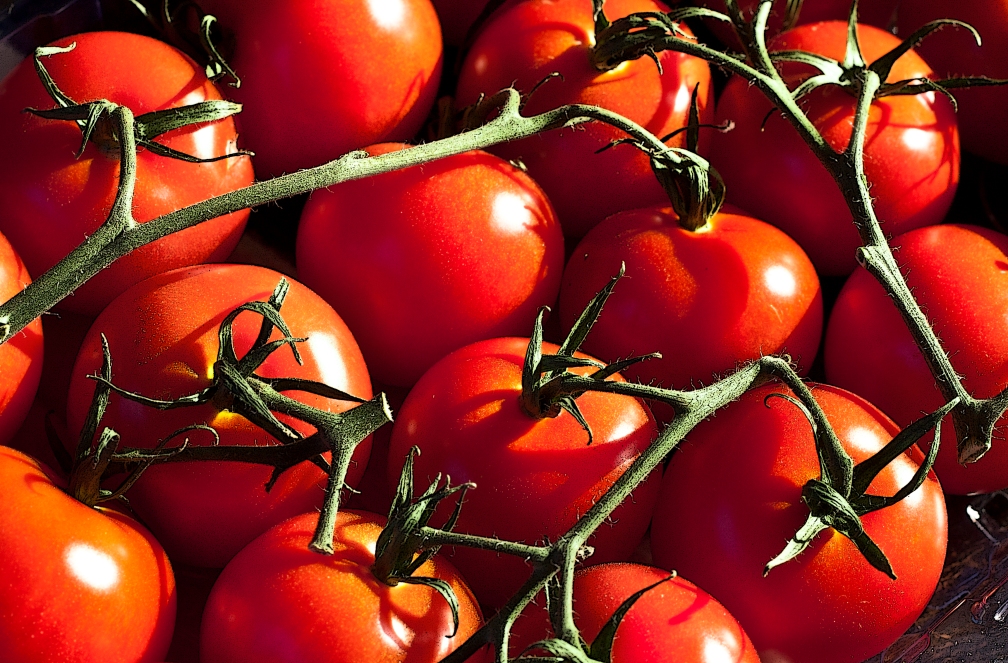Six Quick, Healthy Meals to Make in Your New Apartment
While moving into the apartments comes with many new freedoms (no more room inspections!), the transition is also accompanied by many new responsibilities, including cooking. For many students, this will be the first time they will be responsible for planning their own meals, which can be a daunting task. If you’re new to the apartments and need some inspiration on where to get started, check out one or more of these easy, nutritious recipes!
This recipe is easy, versatile, and perfect for when you’re running late to class! Use your favorite berries and favorite granola to customize the bark to your liking. Not sure which berries to use? Strawberries, blueberries, blackberries, and raspberries are all high in fiber, vitamin C, and manganese and blackberries and blueberries are additionally great sources of vitamin K. Paired with granola and greek yogurt, this bark is also a great source of whole grains and protein. Try making the bark on a Sunday night and placing it in plastic bags so all you have to do is grab a bag on the way to class throughout the week.
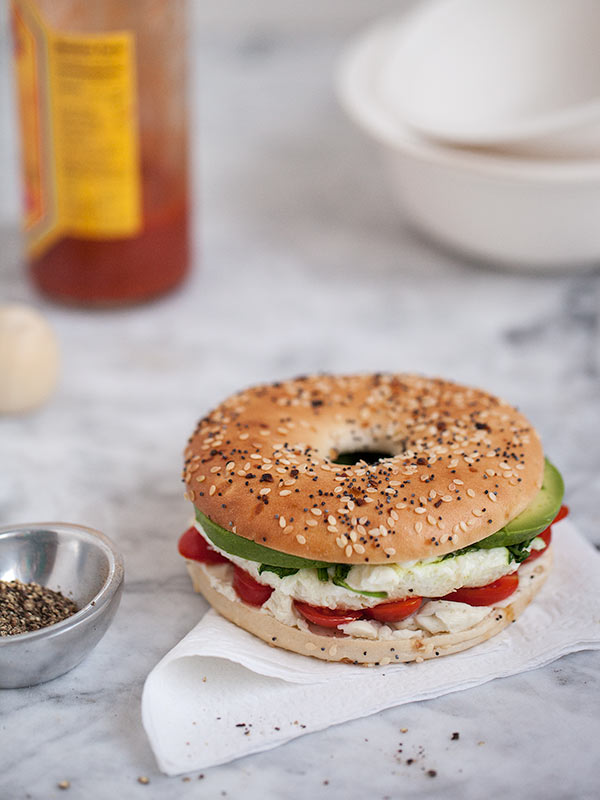
Photo via foodiecrush.com
Egg and Vegetable Breakfast Sandwich
With egg whites, avocado, and veggies, this breakfast sandwich is packed with protein, healthy fats, and fiber. Avocados also pack more potassium than bananas and spinach is high in iron, which helps red blood cells to carry oxygen around your body. Use your favorite bagel flavor and favorite type of cheese to customize it to your liking. However, the best past of this recipe is that you can make the eggs in the microwave if you’re in a rush!
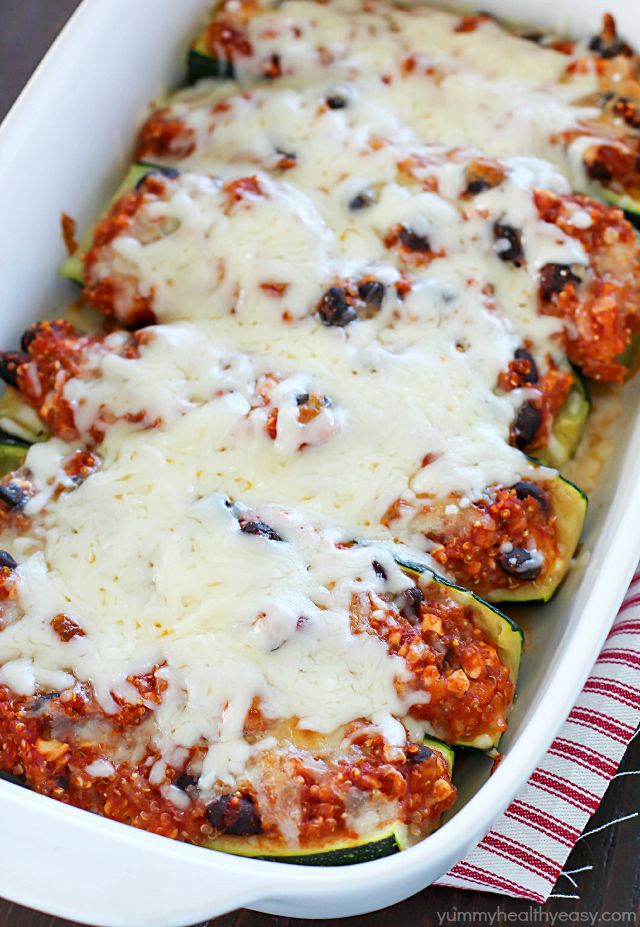
Photo via yummyhealthyeasy.com
Black Bean and Quinoa Stuffed Zucchini
This dish is so easy and filled with important nutrients. The black beans and quinoa in this dish are great sources of plant-based protein and fiber; the black beans also provide potassium and the quinoa contains iron and all nine essential amino acids. The zucchini is also high in vitamin C, which helps to lower blood pressure and protect against clogged arteries. Make extra and reheat it in the oven for lunch or dinner the next day.
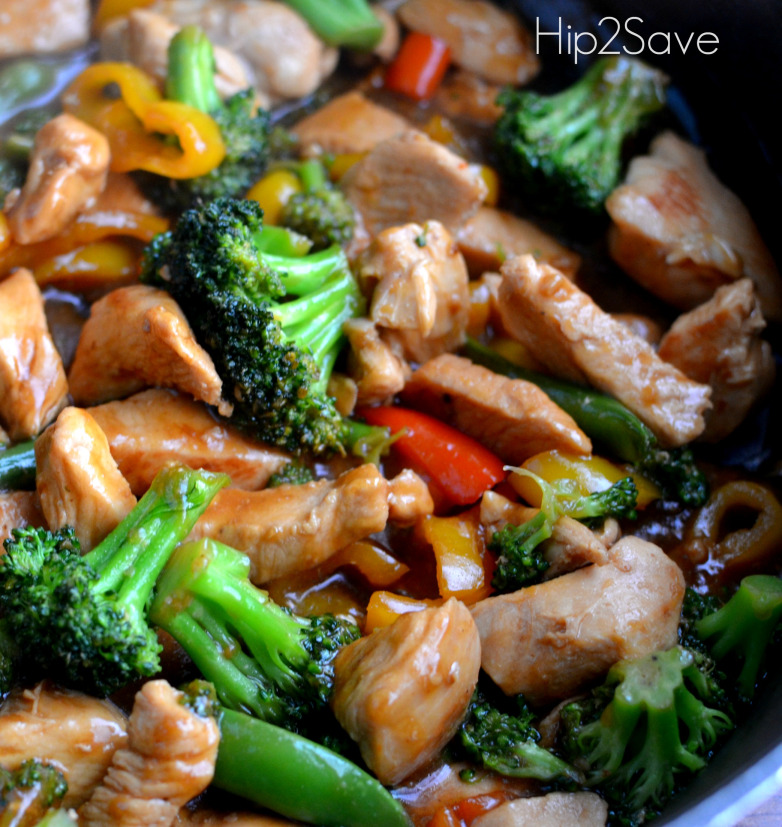
Photo via hip2save.com
This stir-fry recipe is super versatile because you get to pick the veggies! Try stopping by the UCLA Farmer’s Market once a month on Wednesday’s or the Westwood Farmer’s Market between noon and 6PM on Thursdays for whatever vegetables happen to be in season. The ginger in this recipe adds a ton of flavor and has anti-inflammatory compounds. Serve with brown rice for an added dose of fiber, manganese, and selenium.
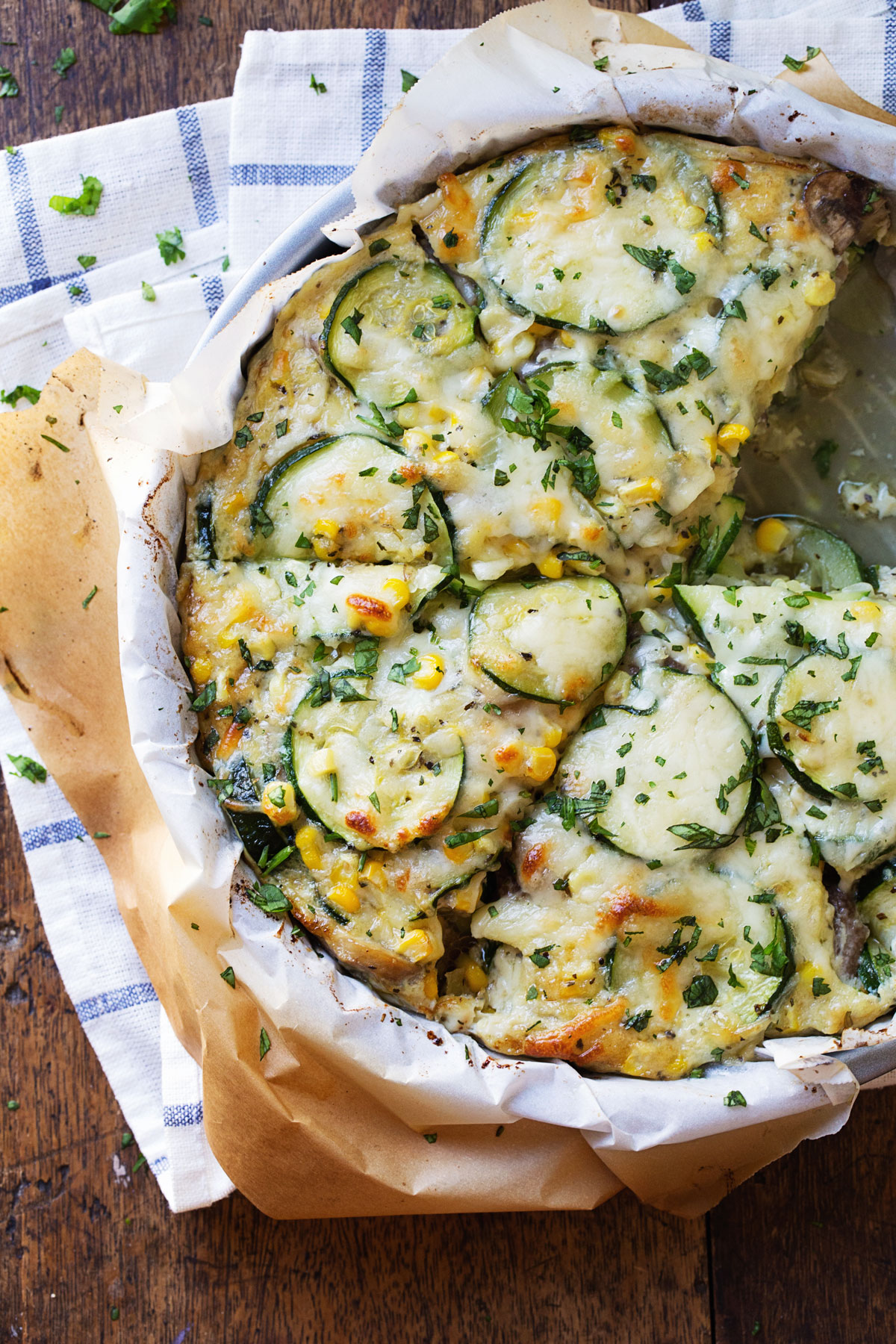
Photo via pinchofyum.com
This frittata recipe is a delicious meal you can eat for breakfast, lunch, or dinner! The eggs are a great source of protein and vitamin B12 while the corn adds magnesium and vitamin B6. To make the dish even easier to prepare, use canned corn instead of cutting it off the cob. Serve with whole grain bread for a complete meal.
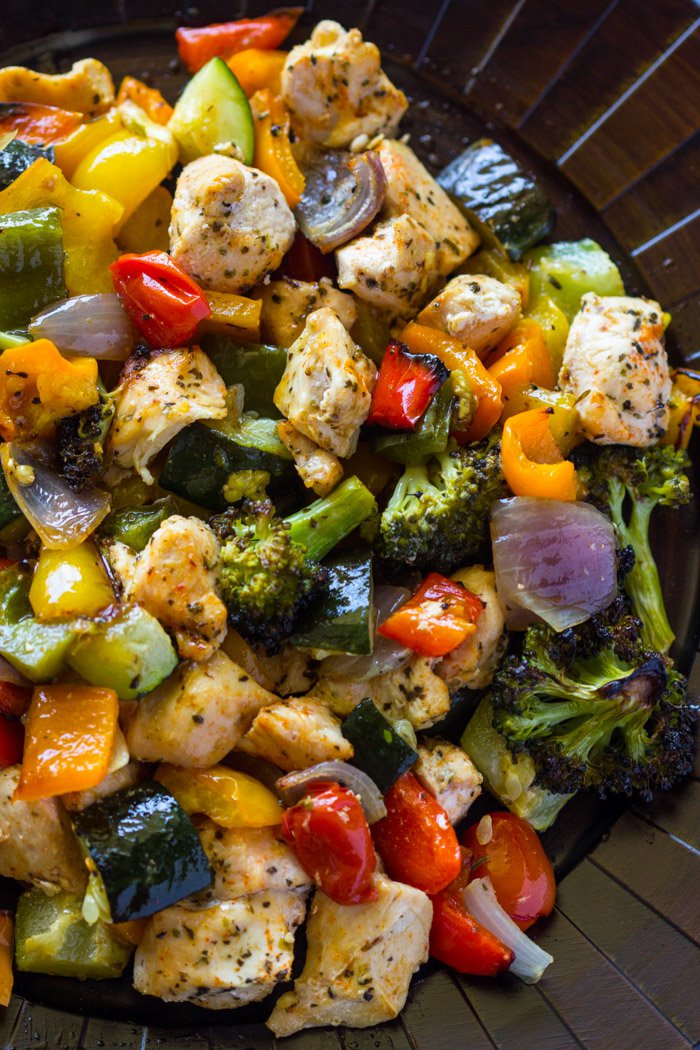
Photo via gimme delicious.com
This recipe is packed with nourishing vegetables — including vitamin C-rich bell peppers and broccoli packed with vitamins C and K — and it can be made in just one pan! If you’re new to cooking, the website even has a video instructing viewers on how to assemble the dish. Serve with quinoa, farro, whole wheat cous cous, or your favorite grain.
If you make any of these recipes in your new apartment or if you have another favorite easy, nourishing recipe, please share your experience with us at livewellblog@ucla.edu or on social media!
Danielle de Bruin is an undergraduate student at UCLA majoring in Sociology with a double minor in Italian and Global Health. She is the blog coordinator for the UCLA Healthy Campus Initiative and the director of UCLA’s Body Image Task Force, which is a committee within the UCLA Student Wellness Commission. With the Body Image Task Force, Danielle organizes events, workshops, and campaigns to promote healthy body image, self-confidence, and mental health on campus. She is also a published co-author in the journal PLOS Medicine.
